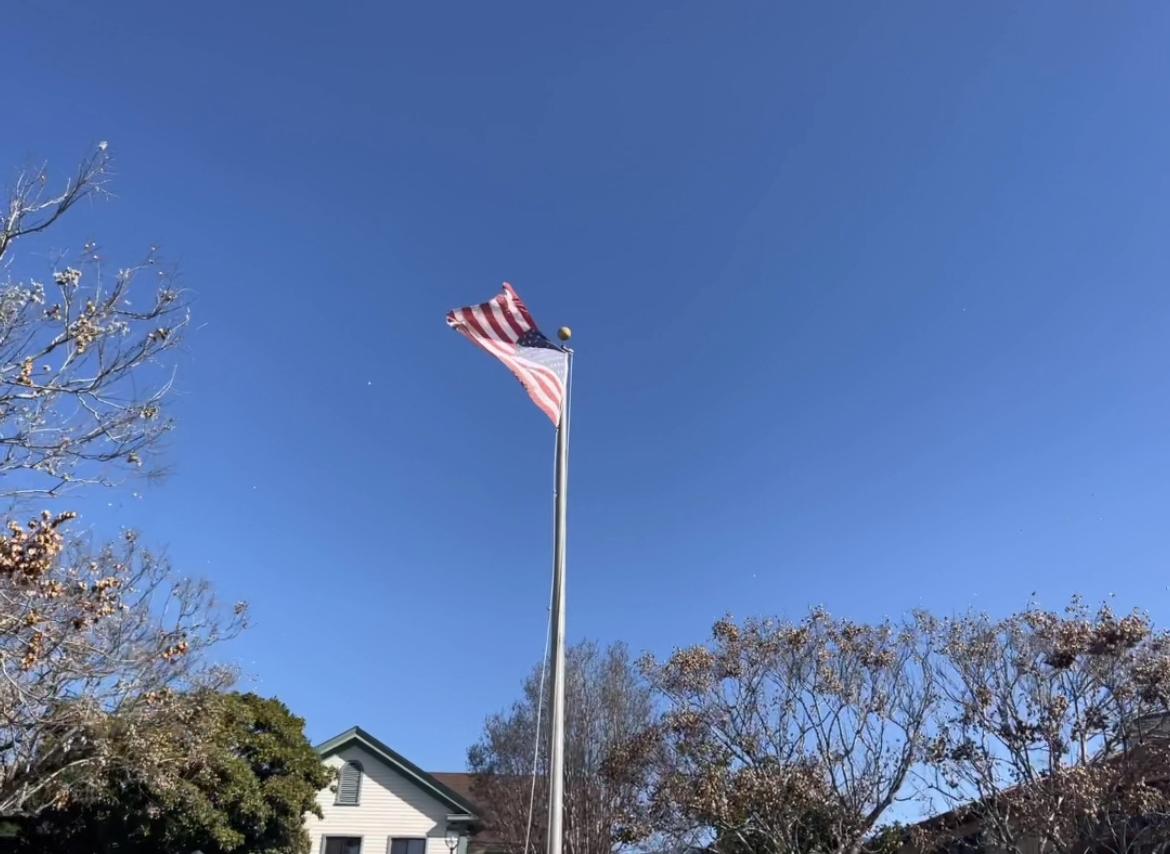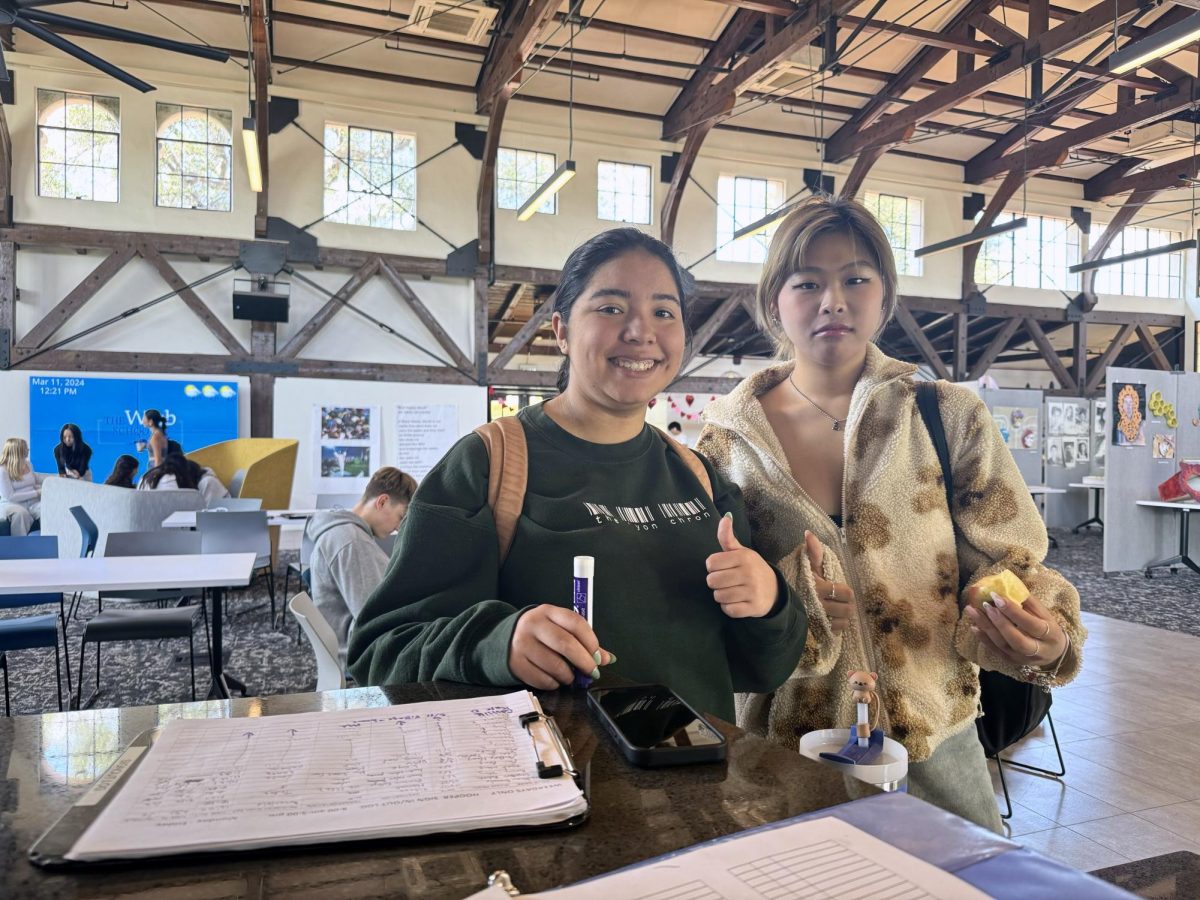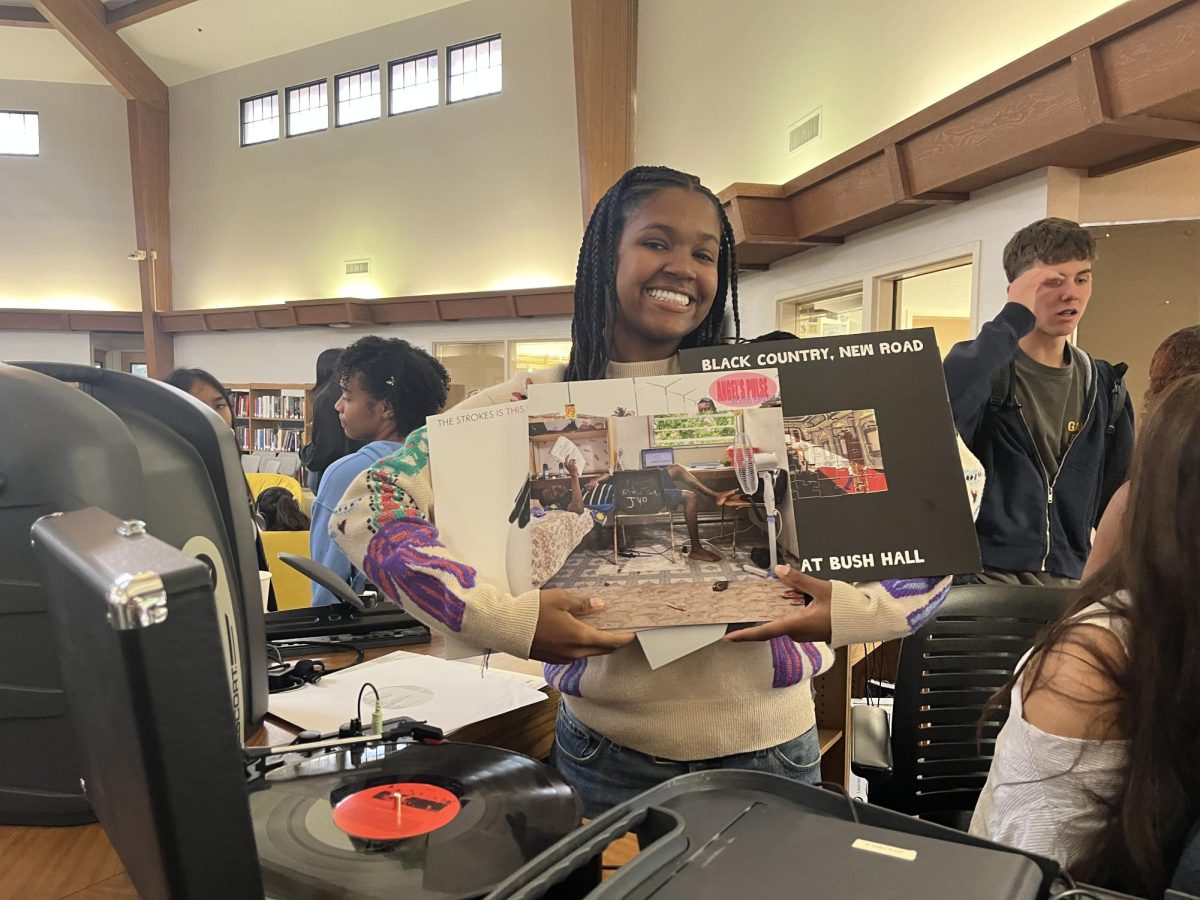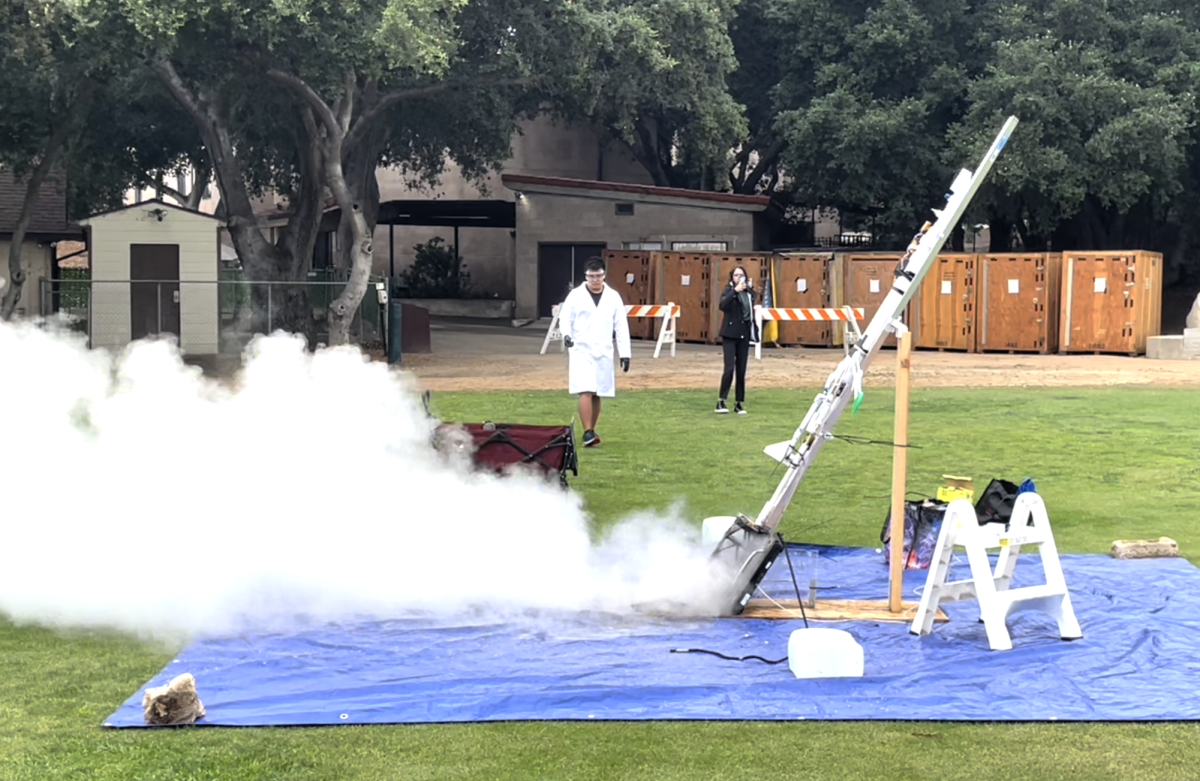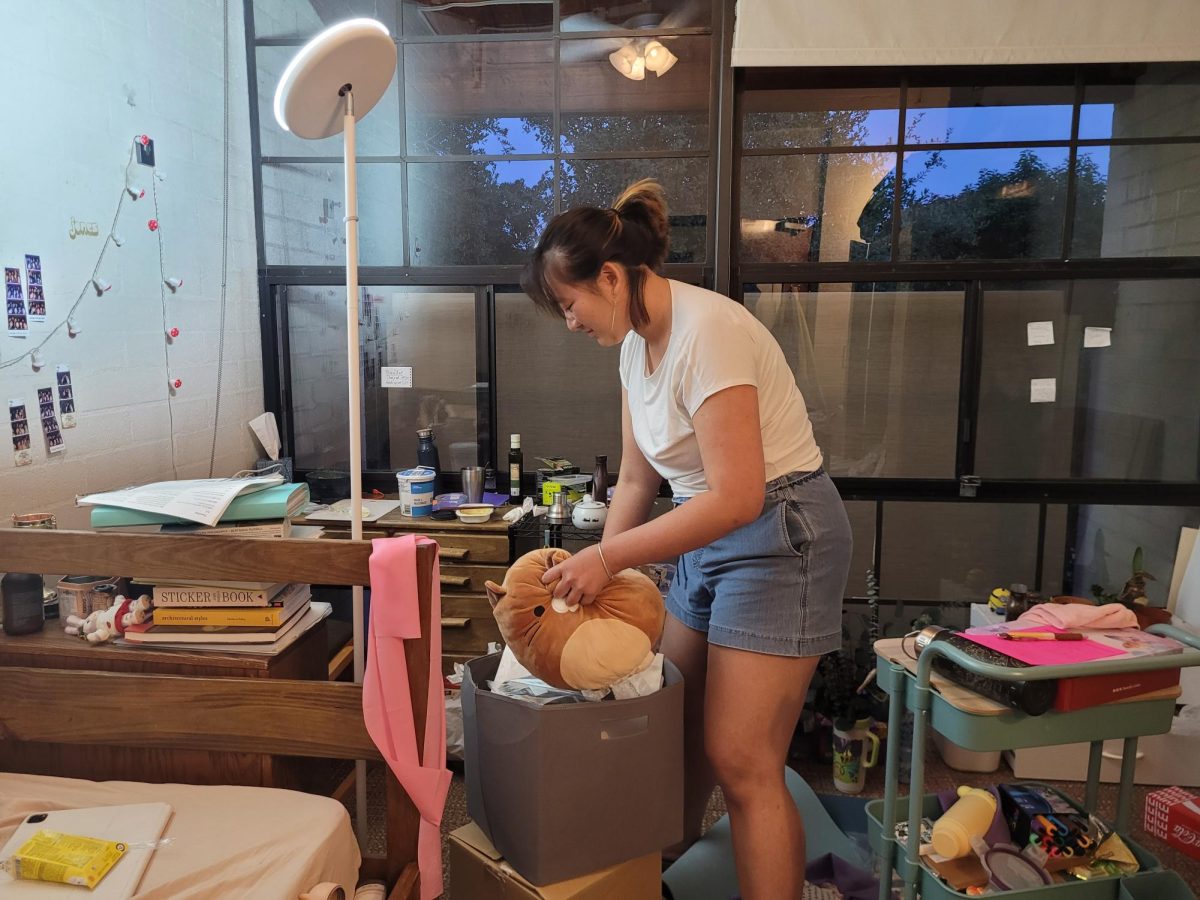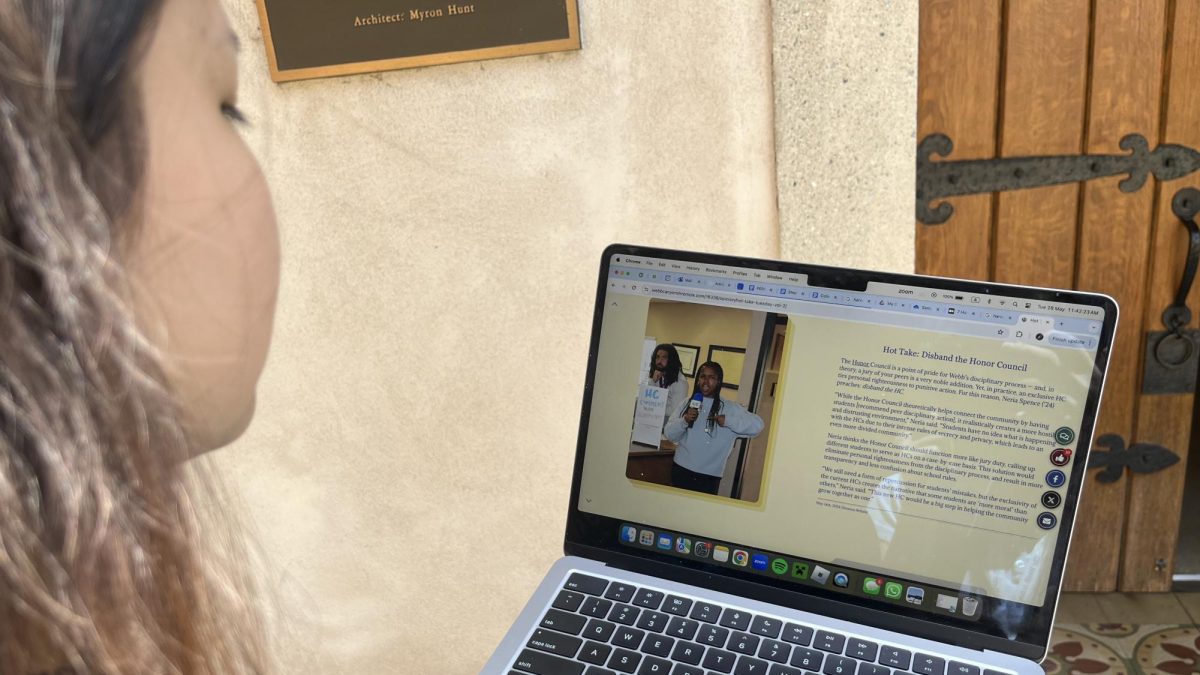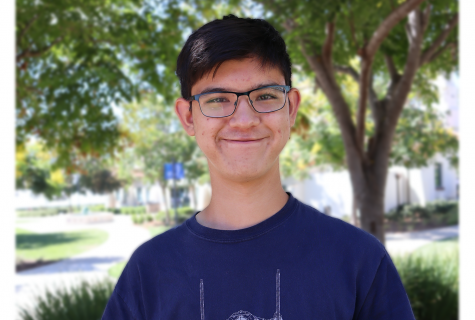It was during Wednesday evening study hours when students received a sudden email from Jess Fisher, history and humanities department chair, formally informing the Webb community of Russia’s invasion of Ukraine. Anticipating the wave of confusion and anxiety, Ms. Fisher held an information session on the following day, Thursday, February 24th, hoping to answer the queries of students and facilitate conversation around the issue. Many students showed up with questions on what exactly was occurring in Ukraine and compassionate concerns on how to support their peers in such an unprecedented and difficult time.
Although the tensions between Ukraine and Russia have been ongoing for close to a decade, the recent invasion shocks the world in its suddenness.
As of Ukraine local time 5 a.m., February 24th, Russia had begun their invasion, as citizens heard explosions in Ukraine’s capital, Kyiv and the cities of Kharkiv, Kramatorsk, Dnipro, Mariupol, Odesa, and Zaporizhzhya.
These attacks included a cruise missile strike on the Ivano-Frankivsk airport in western Ukraine. Through breaching the Russian, Belarus, and Crimea borders, Russian forces initiated attacks targeting border units and were met with Ukraine resistance.
It seems that the full-scale Russian invasion of Ukraine is underway.
Simultaneously, according to the New York Times’s Moscow Bureau Chief Anton Troianovski, the Russia Defense Ministry claimed to have disabled all of Ukraine’s air defenses and airbases. These attacks came hours after Putin announced his plans for military action in the eastern Donbas region in attempts of demilitarizing Ukraine.
In response to the strikes on Ukraine military infrastructure, President Zelensky imposed martial law on the entire country and called for physically able citizens to join the defensive force. Kyiv’s mayor has urged the capital’s citizens to stay home as traffic out of the city clogs highways and streets. Throughout the capital, several locations, such as the metro system, have opened bomb shelters to the public as the sound of air sirens plague the city.
So far, it seems that the attacks are centered on three cities: Kyiv in the north, Kharkiv in the northeast, and Kherson in the south. Reports show that the Russian attacks have been met with strong Ukraine resistance, both from troops and civilian fighters. The civilians, armed with weapons provided by the government, are fighting for democracy, for their families, and for their home.
In response to the events, a Wednesday statement by President Biden promised a G7 meeting to discuss a potential response against Russia’s aggressions. The United States embassy in Ukraine has urged its citizens to evacuate as soon as possible, while the US government, in conjunction with its allies, plans to impose further sanctions that could include export controls, sanctions on bigger Russian banks, or even on President Putin himself. These measures show the United States’ ability to cripple the Russian economy, an act they hope can discourage further Russian invasion.
Across the globe, citizens are holding anti-war protests, urging their government to take more aggressive actions against Russia’s invasion. Since the first explosions, protesters have gathered outside the White house, demanding further responses beyond sanctions. Webb alumni Stephen Li (‘21), past Chief Editor of Media, attended the Sunday protest and took these powerful photos.
On Saturday, February 22nd, the Biden administration announced the removal of certain Russian banks from the SWIFT financial system, an act that would cripple their international transactions — this ban stands as the most severe economic cost to Russia yet, imposed by the United States. In terms of direct militaristic interference, given the US’s lack of intervention in previous events such as the Crimea annexation, it seems unlikely that the United States will send American troops to fight alongside Ukrainian troops.
Although President Putin claimed these invasions will not affect the Ukrainian population and target military sites only, attacks affecting the citizens tell a different story.
“Ukraine is able to handle the troops thus far, but Ukraine is not able to handle being bombed by missiles,” said Dan Danilova (‘23), a Webb boarder with family from both Ukraine and Russia.
“What they started doing is they stopped bombing just military objects,” Dan said. “They bombed a kindergarten. They bombed a school today in the city of Kharkiv. The curfew ended and people went to get groceries. They were standing in line to get groceries after three days of isolation in bunkers. And they sent missiles into that line. They sent missiles into that grocery store to bomb people, not to bomb soldiers, which is still inexcusable, but they bombed people and they continue to bomb people.”
Dan explained that the number one priority is to shield Ukraine’s skies, as the country is unable to handle more missiles that target not only military sites, but innocent citizens too. His father has been writing sample letters in various languages calling for more action; this document contains instructions on how to send letters to government officials to demand immediate action in protecting the skies. Signing this petition can also help urge NATO to close the airspace over Ukraine.
At Webb, students are eager and filled with questions as to how they can support their peers. As a community, an important step to fostering a healthy environment is to stay informed through credible news sources to prevent the spread of misinformation.
“Part of Russia’s war is an information war,” Dan said. “Even on Twitter, I see Americans and Europeans falling for the argument that Ukraine deserves this. Currently Russia is spending so much information, and helping to fight that misinformation, even if it is in a small, closed space, is important.”
This telegram is an example of an accurate source that shows videos and photos of the conflict. It is vital to disregard information on platforms like Instagram and TikTok, which spread fake news through insensitive jokes, such as memes about a third world war draft.
Another way students can directly help Ukraine is through donations to organizations that provide aid to its citizens.
“Being there [emotionally] is important, but also genuinely contributing to the cause is also important,” Dan said. “And I think a lot of people are hesitant to donate to the Ukrainian military right now, but that is the number one thing we need. I just talked to my dad, and he has been standing in line to enlist in the services the past three days. And they just have no more guns. We need weapons to protect our land and obviously, humanitarian aid in the form of getting children out.”
Defend Ukraine is a gateway to various charities that donate for military support, medical supplies, humanitarian aid, children, refugees, and more. In terms of direct military support, National Bank of Ukraine and Army SOS raise funds for Ukraine’s Armed Forces.
Now more than ever, the Webb community needs to unite in supporting our peers, but also in supporting the cause overseas. Even without providing monetary aid, students can help foster a healthy school environment through informing themselves with accurate news and preventing the spread of false information.
“You should care about Ukraine because it is a sovereign nation and because people are dying,” Dan said. “But if you don’t care about Ukraine and only care about yourself, you should also recognize that it’s going to impact you, and that it’s going to impact everyone.”


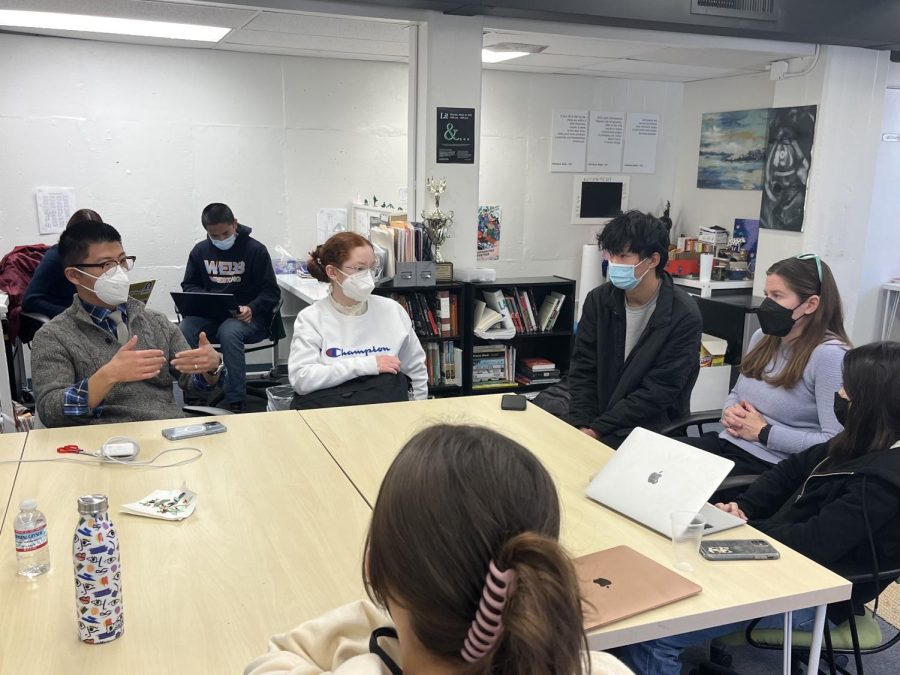

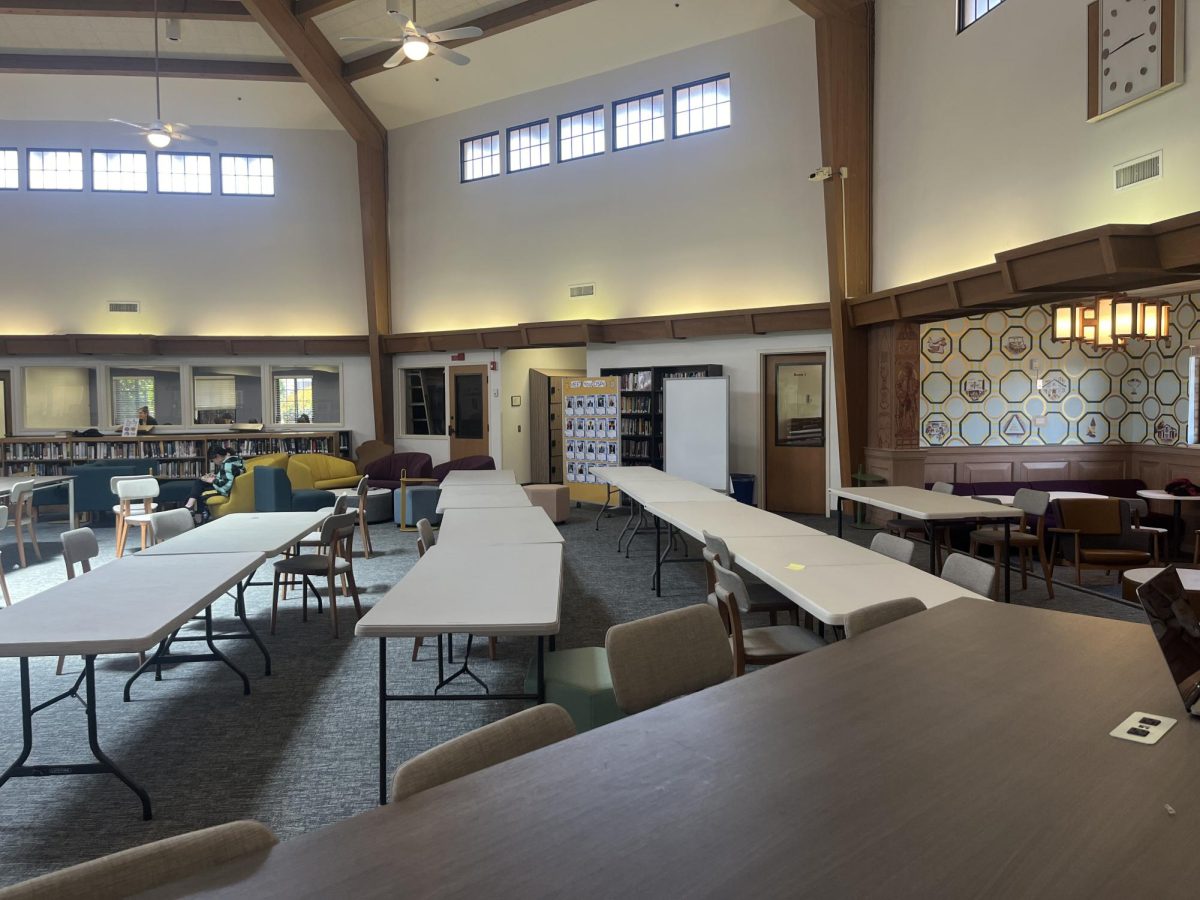
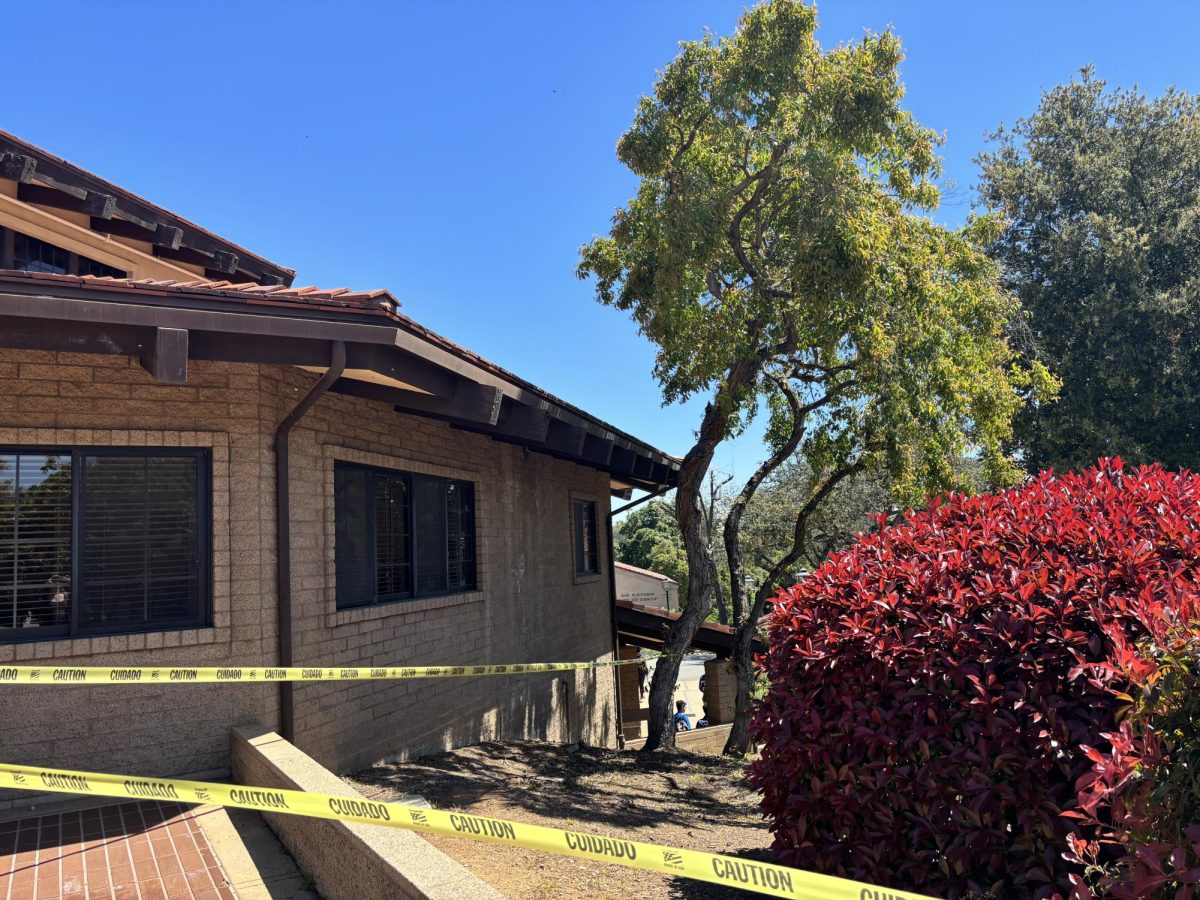
![Student researcher Elaine Tang (‘24) created a comic for the Fossil Fest to explain the two ways fossils are formed in a tarpit. “I chose to explain my research by comic because there are a lot of kids coming to the [Fossil] Fest,” Elaine said. “They are all very interested and even painted on my comic with their favorite colors.” Fossil Fest is one of the Raymond M. Alf Museum of Paleontology Discovery Day events during which scientists and museum visitors are invited to celebrate paleontology.](https://webbcanyonchronicle.com/wp-content/uploads/2024/03/9eae070d6f5f12b684fd6d4ff457a01.jpg)
